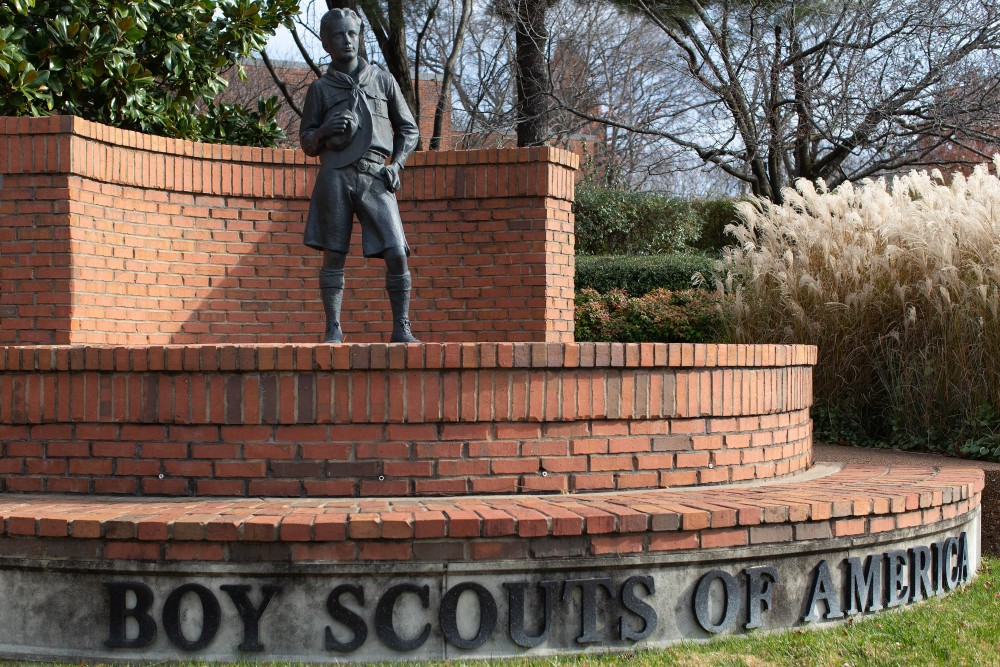UMC to pay $30 million in historic Boy Scout settlement

Negotiators for the United Methodist Church have reached a settlement for the denomination to pay $30 million as part of the Boy Scouts of America’s bankruptcy reorganization plan.
UMC congregations in the United States have long been sponsors of Boy Scout and Cub Scout troops, and the $30 million is to be paid over three years into a trust fund for survivors of Scouting-related sexual abuse.
All US annual conferences of the denomination are being asked to make a commitment to raise the necessary funds, church leaders said.





